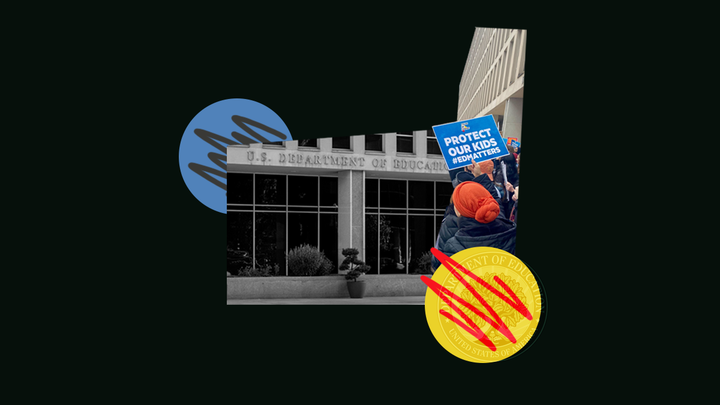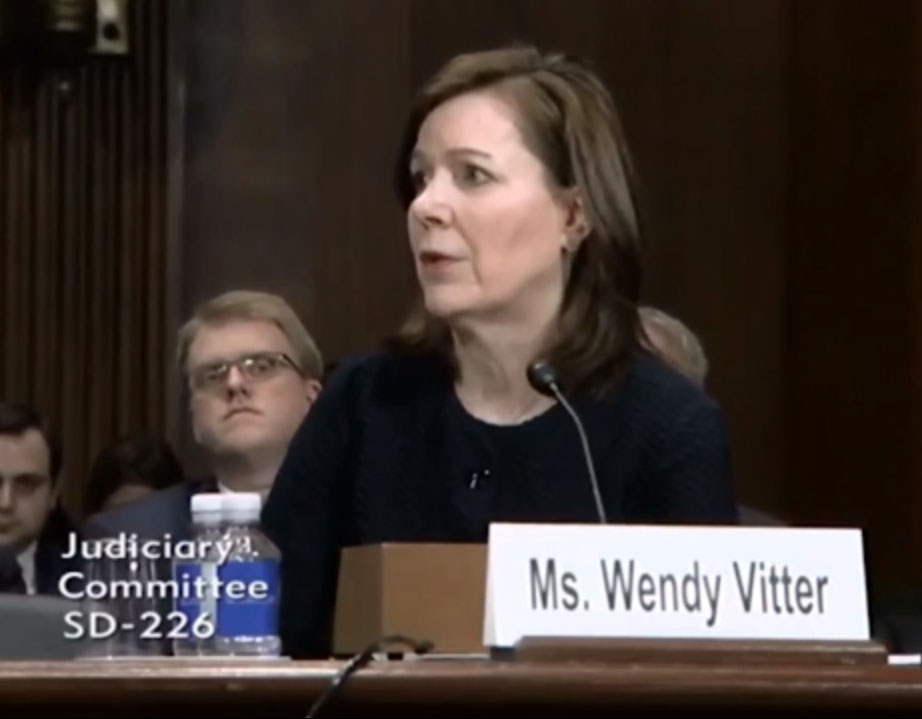All gifts, up to $10,000, TRIPLE-matched until June 30!
NWLC Files Amicus Brief Supporting University of Arizona Student Survivor of Sex-Based Violence
Schools should not be allowed to ignore sexual assault just because it occurs off-campus. Doing so harms student survivors, which is what Title IX was enacted to prevent. If schools are permitted to ignore off-campus assault, scores of students will be left without the support they need to preserve access to their education, which runs counter to the purpose of Title IX.
In light of these harms, the National Women’s Law Center (NWLC) and our law firm partner Hutchinson, Black & Cook wrote an amicus brief supporting Mackenzie Brown, a former University of Arizona (UA) student, in holding her school accountable for the egregious sex-based harassment she suffered at the hands of former student Orlando Bradford in Brown v. Arizona. The brief is written to the U.S. Court of Appeals for the Ninth Circuit, on behalf of NWLC and 31 additional advocacy organizations, in support of Brown’s petition for rehearing or rehearing en banc.
The Case
In Brown v. Arizona, Brown filed a Title IX lawsuit asserting that UA’s failure to take action after known, repeated abuse by Bradford of other female students resulted in her later suffering severe psychological and physical abuse by Bradford at his off-campus apartment.
Specifically, Brown asserted that UA’s knowledge of Bradford’s dating violence against two other UA women and its failure to respond appropriately—or even inform Bradford’s football coaches—enabled Bradford to continue endangering other students. Consequently, Bradford’s coaches allowed him to move off-campus, which was conditioned on his good behavior. This apartment was where Bradford later abused Brown by hitting, kicking, and strangling her.
The District Court granted summary judgment for UA, holding that Brown failed to show that UA had control over the context of Bradford’s abuse of Brown. Brown appealed to the Ninth Circuit, a divided panel of which affirmed the District Court’s decision over a dissent. In March 2022, Brown filed a petition for rehearing or rehearing en banc.
Our Brief
In support of Brown’s claim, our amicus brief outlines that the Ninth Circuit narrowly construing the “control-over-context” element under Title IX is both illegal and will result in a range of harmful consequences.
Our brief explains that sexual harassment is widespread and pervasive on campuses, and that an overwhelming number of survivors also report experiencing harassment off-campus. The impact of this sexual violence, regardless of where it occurs, has disastrous consequences on the academic well-being of survivors, who frequently report declines in their grades or having to drop out due to the trauma of their assault.
As such, whether schools must respond to off-campus sexual violence should be a question that courts must assess based on the facts of each case. However, in holding that UA did not exercise substantial control over Brown’s abuse by Bradford, the Ninth Circuit interpreted Title IX’s reach too narrowly. The Court articulated a decision that could be read to prevent schools from responding to off-campus sexual violence.
This holding requires schools to respond to on-campus sexual harassment while allowing them to ignore off-campus harassment. Our brief explains how the panel’s holding will incentivize schools to push harassers with known histories of sexual misconduct off campus and enable schools to ignore survivors who need support from their schools simply because they were assaulted a few meters from the campus. This contravenes Title IX’s broad purpose to prevent sex-based discrimination in schools and preserve survivors’ access to education in the wake of sexual violence.
This is why NWLC and the additional group of amici are asking the Ninth Circuit to grant Mackenzie’s petition for rehearing or rehearing en banc and conclude that the university had control over the context of Brown’s assault, and more broadly, to not foreclose survivors of off-campus sexual harassment from support based merely on where they were harassed.




